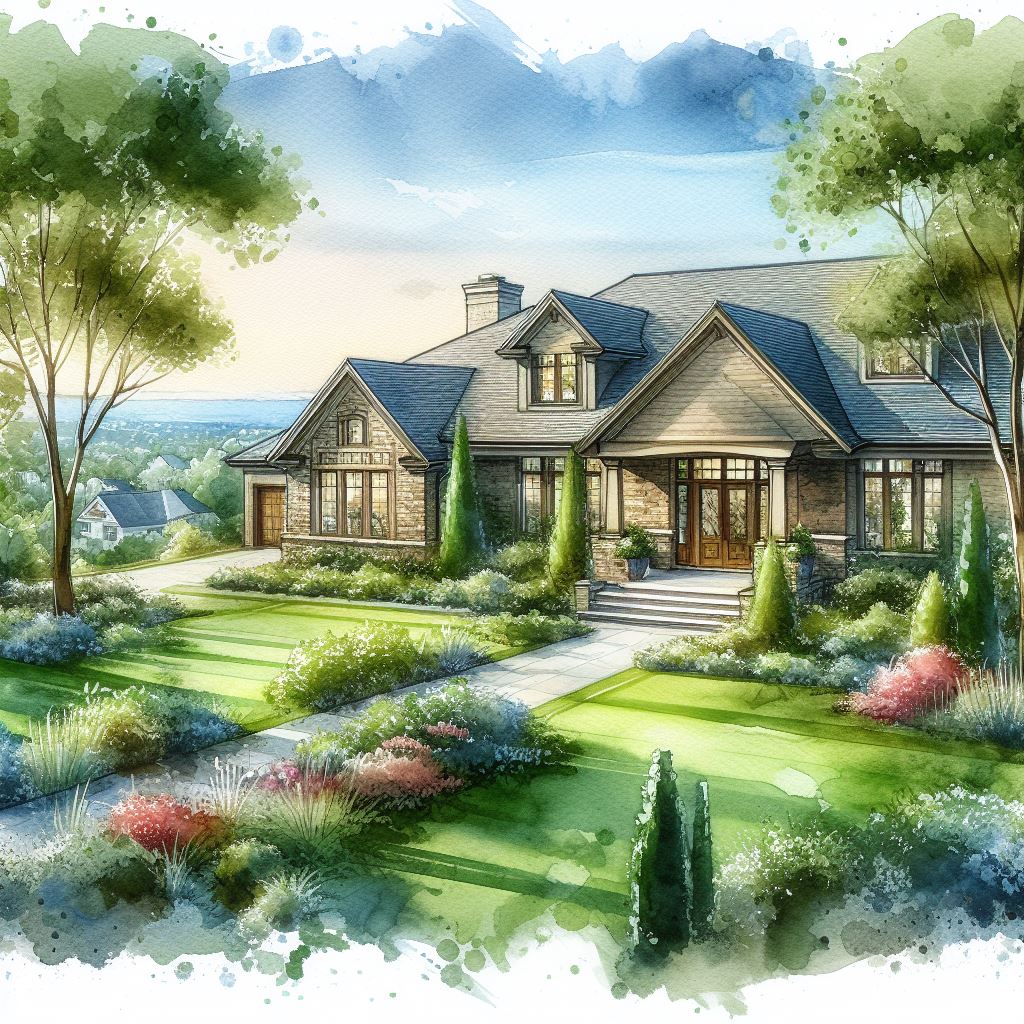Things That Can Hurt Your Property Value: Avoid These Mistakes
If you’re thinking of selling your home, you might want to know what factors can affect its value. Some of these factors are obvious, such as the location, size, and condition of your property. But others might surprise you, as they are not always visible or easy to fix.
In this article, we’ll explore some of the things that can hurt your property value and how to avoid or remedy them.
Neglected Maintenance
One of the most important things that can hurt your property value is neglected maintenance. This means that you have not kept up with the regular repairs and upkeep of your home, such as fixing leaks, replacing broken appliances, or painting the walls.
Neglected maintenance can make your home look old, dirty, and unsafe, and it can also lead to more serious problems, such as mold, pests, or structural damage. Buyers will be turned off by a home that needs a lot of work, and they will either offer a lower price or walk away. To avoid this, you should always maintain your home and fix any issues as soon as they arise.
Home Improvements Not Done to Code
Another thing that can hurt your property value is home improvements not done to code. This means that you have made changes or additions to your home that do not comply with the local building codes and regulations.
For example, you might have finished your basement without proper permits, insulation, or ventilation, or you might have installed a deck without following the safety standards. Home improvements not done to code can be illegal, dangerous, and costly to fix.
Buyers will be wary of a home that has potential code violations, and they might ask you to remove or redo the improvements, or they might sue you if they discover the problems later. To avoid this, you should always consult with a professional contractor and obtain the necessary permits and inspections before making any home improvements.
Outdated Kitchens and Bathrooms
Outdated kitchens and bathrooms are another thing that can hurt your property value. These are the rooms that buyers pay the most attention to, as they are the most used and expensive to renovate. Outdated kitchens and bathrooms can make your home look dated, unappealing, and inefficient, and they can also lower the functionality and comfort of your home.
Buyers will be less interested in a home that has old appliances, fixtures, cabinets, countertops, or flooring, and they will factor in the cost of updating them into their offer. To avoid this, you should try to keep your kitchen and bathroom updated and modern, or at least clean and functional.
You don’t have to spend a fortune on remodeling, but you can make some simple and affordable changes, such as painting the cabinets, replacing the hardware, or adding new lighting.
Bad or Ugly Landscaping
Bad or ugly landscaping is another thing that can hurt your property value. This means that you have not taken care of the exterior of your home, such as the lawn, garden, trees, or driveway.
Bad or ugly landscaping can make your home look unattractive, neglected, and unwelcoming, and it can also affect the curb appeal and the first impression of your home.
Buyers will be less likely to visit or consider a home that has overgrown weeds, dead plants, cracked pavement, or cluttered yard. To avoid this, you should always keep your landscaping neat and tidy, and you can also enhance it with some simple and inexpensive improvements, such as mowing the lawn, trimming the hedges, planting some flowers, or adding some mulch.
Frail or Damaged Roof
Frail or damaged roof is another thing that can hurt your property value. This means that you have not replaced or repaired your roof when it was due, and it has signs of wear and tear, such as missing shingles, leaks, or sagging.
Frail or damaged roof can make your home look old, unsafe, and inefficient, and it can also cause more problems, such as water damage, mold, or fire hazards.
Buyers will be scared of a home that has a faulty roof, and they will either demand a lower price or ask you to replace it before closing. To avoid this, you should always inspect your roof regularly and replace it when it reaches its lifespan, which is usually between 15 to 30 years, depending on the material and quality.
Conclusion
These are some of the things that can hurt your property value and how to avoid or remedy them. By taking care of these issues, you can increase the value, appeal, and marketability of your home, and you can also enjoy living in it more. Remember, your home is your biggest asset, and you should treat it as such.

